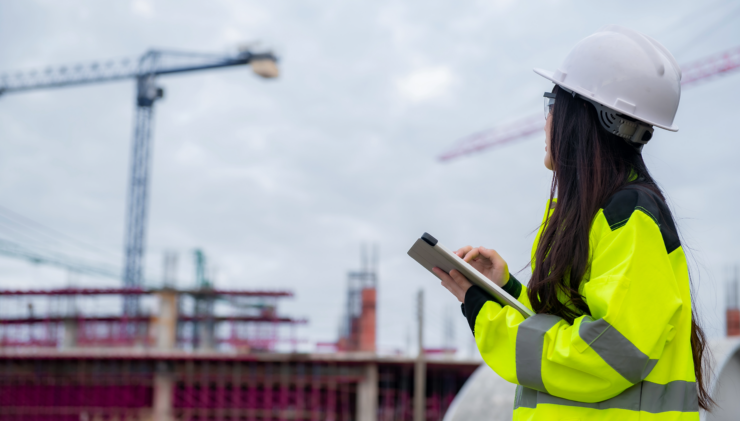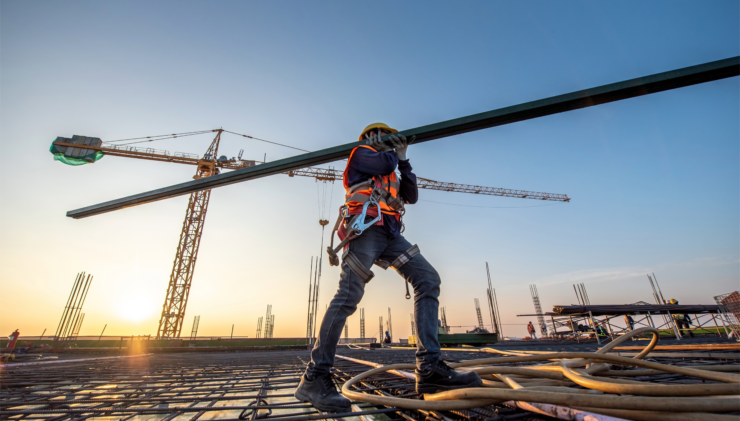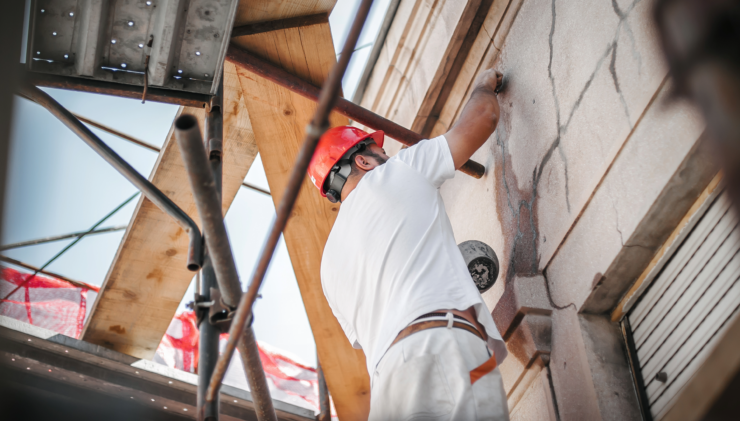 The Construction Industry's New Look at Women in the Workforce
The Construction Industry's New Look at Women in the WorkforceWhen you’re working on a construction project, a lot can go wrong. Below, we’ve outlined four of the most common contractor insurance claims, along with the insurance coverage need to safeguard against each type of exposure. Make sure you’re covered for common contractor insurance claims before they disrupt your business.
#1 Contractor Claim: Injuries
Construction is a dangerous industry. In fact, it’s the most dangerous industry in terms of workplace deaths, according to the National Safety Council. Even nonfatal injuries may result in expensive medical bills, lost wages, and costly lawsuits, meaning contractors need to have proper insurance in place.
- Worker Injuries. State law typically requires businesses to carry workers’ compensation insurance for employees to cover worker injuries. However, the situation becomes complicated if you classify some workers as independent contractors rather than employees. These contractors need to carry their own workers’ compensation insurance. Since state law varies, it’s a good idea to work with your insurance agent and review your contracts to make sure you’re meeting your legal obligations and covering all your bases.
- Third-Party Injuries. General liability insurance covers third-party bodily injury claims as well as third-party property damage and advertising injury claims. This is important because your workers aren’t the only ones who could suffer an injury. For example, someone other than a worker could be injured on or around your construction site due to falling debris or trip hazards. If you are performing work at a client’s property, the client could also suffer an injury.
#2 Contractor Claim: Property Damage
Property damage may impact project timelines or cause projects to go over budget. You may need different types of insurance for each possible type of property damage:
- Third-Party Property Damage. As with third-party bodily injuries claims, general liability insurance covers third-party property damage claims. For example, if you’re working at a client’s property and accidentally damage the building or the client’s belongings, general liability insurance will cover the claim.
- In-Progress Projects. Builder’s risk insurance covers construction projects that are currently in progress. It covers many common types of damage, including theft, vandalism, fire, lightning, and hail.
- Construction Equipment. Construction equipment often has a high value, meaning it may need special insurance.
- Other Property. Commercial property insurance is the primary coverage type for most types of commercial property, such as office buildings and the items kept there.
#3 Contractor Claim: Motor Vehicle Collisions
Many types of insurance (including general liability and commercial property insurance) exclude losses from motor vehicle collisions. For this reason, it’s necessary to carry commercial auto insurance.
In addition to meeting state requirements for minimum coverage, consider what limits may be necessary to cover potential losses. For example, you may need higher limits and additional coverage types to make sure you fully cover your vehicles. Liability is another concern. Jury verdicts have been rising, meaning a single lawsuit could now bankrupt a construction company. Consider securing additional liability insurance by adding a layer of umbrella liability insurance on top of your commercial auto insurance policy.
#4 Contractor Claim: Faulty Work and Negligence
Faulty work may result is financial losses for clients, who may file lawsuits to recover these costs. Commercial general liability insurance does not cover claims alleging financial losses due to negligence, but contractors errors and omissions insurance (also called professional liability insurance) does provide this coverage. For example, if a client claims that a faulty installation resulted in a financial loss, a contractors errors and omissions insurance policy should cover the resulting lawsuit.
Do You Have Protection Against Common Contractor Claims?
Construction companies have complex insurance needs due to the nature of their work and the numerous risks involved. In addition to the above coverage types, you may need other policies (such as pollution and environmental insurance) to protect against specific risks associated with your projects. You may also need surety bonds and other products to meet your legal and contractual obligations.
It may be possible to bundle insurance policies, which may result in substantial savings while simplifying claims. An insurance broker can help you review your options and put together a package that meets your needs and budget.
Heffernan Insurance Brokers offers insurance and risk management programs designed for the construction sector. Learn more.


